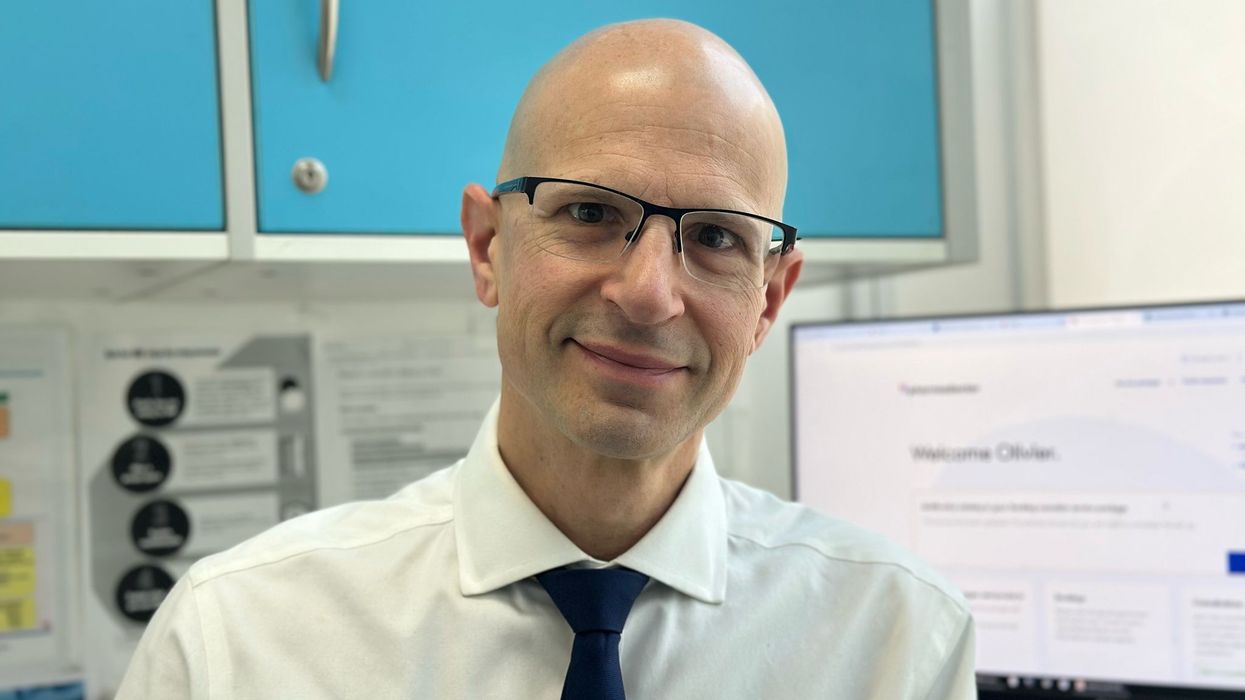The National Pharmacy Association (NPA) highlighted the role played by community pharmacies during pandemic to provide urgent care and vital support to people with long-term medical conditions at its opening remark in the Covid-19 public inquiry held on Tuesday (28 February).
NPA is the core participant in the Covid-19 public inquiry. lawyer Brian Stanton made an opening statement on the NPA’s behalf which focused on three areas- health inequalities and the needs of vulnerable patients; the impact of medicine shortages and medicine price increases and the challenge that community pharmacy faced in responding to the pandemic and maintaining patient services following long-term under investment.
Stanton said: “The UK’s community pharmacies were on the frontline of efforts to limit the impact of coronavirus and to keep people well, and as well as handling a massive increase in demand for healthcare advice and medicines, they also continued to provide urgent care and vital support to people with long-term medical conditions.
“However, there are now very many at risk of closure during to underfunding and when the Inquiry comes to consider its recommendations the NPA would encourage you [the presiding judge] to think about how resilience can be built into future plans.”
The statement included a compelling account of the commitment typical of so many pharmacies during the pandemic – from husband and wife Pete and Sukhi Johal, both NPA members and pharmacists, who co-own Calow Pharmacy in Chesterfield.
The inquiry also heard from the NPA about the difficulties pharmacists had obtaining PPE and not initially being recognised as key workers.











